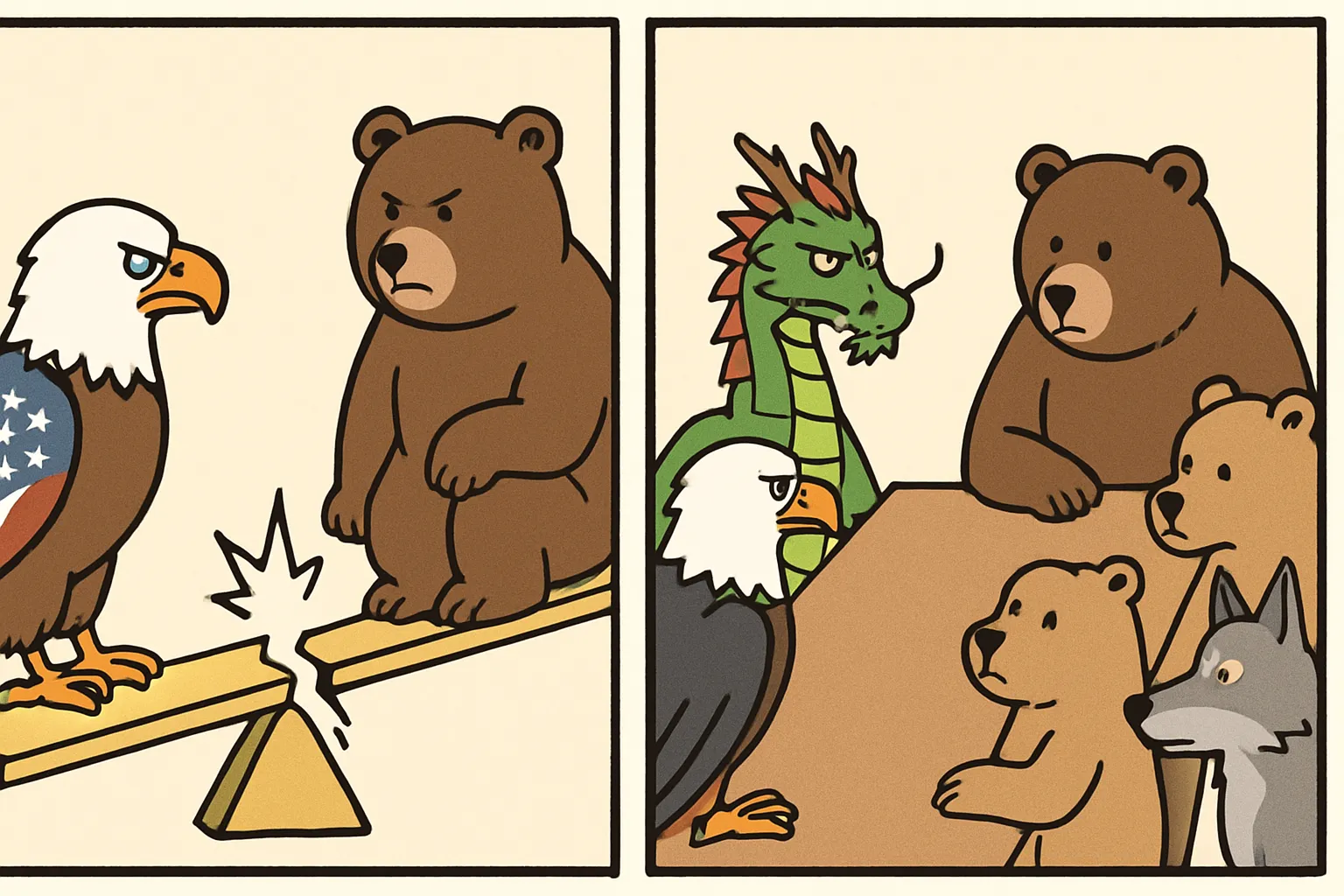Ace Your Korean Interview: Talking About Disagreements with Your Boss!
Hello! This is Maeil Hangul, here to upgrade your Korean skills!
Getting ready for a job interview in Korea? You might get a tricky question like, “Have you ever disagreed with your boss?” Don’t panic! This is a golden opportunity to show off your communication and problem-solving skills.
Recently in Korea, companies aren’t just looking for technical skills; they highly value “soft skills” like communication ability (소통 능력). They want to see how you handle difficult situations and work within a team. Today, we’ll learn the key Korean expressions to answer this question like a pro and impress your future boss!
Key Expressions You Need to Know
Here are some essential phrases to help you sound professional and thoughtful.
1. 의견 충돌 (uigyeon chungdol)
- Pronunciation [Romanized]: ui-gyeon chung-dol
- English Meaning: A clash of opinions; a disagreement
- Detailed Explanation: This is a formal and professional way to say “disagreement.” It’s made of two words: 의견 (uigyeon), meaning “opinion,” and 충돌 (chungdol), meaning “clash” or “collision.” Using this term in an interview shows a high level of vocabulary and is much better than saying you “fought” (싸웠다). It’s perfect for business settings.
2. 조율하다 (joyulhada)
- Pronunciation [Romanized]: jo-yul-ha-da
- English Meaning: To mediate; to coordinate; to tune
- Detailed Explanation: This verb is a game-changer! It means to find a middle ground or a compromise through discussion. Instead of just disagreeing, you are actively trying to “tune” the different opinions to find the best solution. It shows you are a proactive and collaborative team player.
3. -(으)ㄴ/는 편이다 (-(eu)n/neun pyeon-ida)
- Pronunciation [Romanized]: -(eu)n/neun pyeon-i-da
- English Meaning: To tend to be…; to be on the side of…
- Detailed Explanation: This grammar pattern is fantastic for softening your statements and sounding more humble. Instead of making a strong, absolute statement like “I always speak honestly,” you can say “저는 솔직하게 말하는 편이에요” (I tend to speak honestly). In an interview, it makes you sound thoughtful and flexible rather than stubborn.
- Use -는 편이다 with action verbs (e.g., 가는 편이다).
- Use -(으)ㄴ 편이다 with descriptive verbs/adjectives (e.g., 조용한 편이다).
4. 대안을 제시하다 (daeaneul jesihada)
- Pronunciation [Romanized]: dae-an-eul je-si-ha-da
- English Meaning: To suggest an alternative
- Detailed Explanation: This phrase proves you’re not just a complainer, but a problem-solver! 대안 (daean) means “alternative solution,” and 제시하다 (jesihada) means “to present” or “to suggest.” When you say you suggested an alternative, you show that you were thinking about the company’s goals, not just your own opinion.
Example Dialogue: In the Interview Room
Let’s see how these expressions work in a real interview conversation!
- A: 면접관 (Interviewer):
혹시 이전 직장에서 상사와 의견 충돌이 있었던 경험이 있나요?
(Have you ever experienced a disagreement with a boss at your previous job?) -
B: 지원자 (Applicant):
네, 있었습니다. 하지만 먼저 상사님의 의견을 충분히 듣고, 제 생각에 대한 근거를 데이터와 함께 설명드리며 의견을 조율하려고 노력했습니다.
(Yes, I have. However, I first listened carefully to my boss’s opinion and then tried to coordinate our views by explaining the reasoning for my thoughts with data.) -
B: 지원자 (Applicant):
저는 제 의견을 명확하게 말씀드리는 편이지만, 항상 더 나은 대안을 제시하며 팀의 공동 목표를 우선으로 생각합니다.
(I tend to state my opinion clearly, but I always prioritize the team’s shared goals while suggesting better alternatives.)
See how smooth that sounds? The applicant comes across as respectful, proactive, and team-oriented!
Culture Tip & Trend Deep Dive
In traditional Korean work culture, directly opposing a superior was often a big no-no. But things are changing fast!
Modern Korean companies, especially startups and global businesses, now value “적극적인 소통” (jeok-geuk-jeo-gin so-tong), which means proactive communication. They don’t want robots; they want employees who can think critically and contribute ideas.
The key to answering the disagreement question is to frame your story correctly. The goal isn’t to prove you were “right” and your boss was “wrong.” The goal is to show that you can:
1. Show Respect (존중): Acknowledge your boss’s perspective first.
2. Communicate Logically: Use data or clear reasoning, not emotion.
3. Be a Problem-Solver: Focus on finding a solution (대안) that benefits the team and the company.
Using words like 조율하다 (to coordinate) shows maturity and a collaborative spirit. This is exactly the kind of employee that is in high demand in Korea today!
Let’s Wrap It Up & Practice!
Great job today! You’ve learned how to turn a challenging interview question into a chance to shine. Remember to talk about 의견 충돌 (disagreements) professionally, focus on how you 조율하다 (coordinate) and 대안을 제시하다 (suggest alternatives), and use -는 편이다 to describe your tendencies humbly.
Now, let’s test your knowledge!
- Fill in the blank:
동료와 ( ___________ )이/가 있을 때는 감정적으로 대처하기보다 대화를 통해 해결해야 해요.
(When you have a ( ___________ ) with a colleague, you should solve it through conversation rather than reacting emotionally.) -
Make your own sentence!
Using the grammar pattern -(으)ㄴ/는 편이다, how would you describe your work style? (e.g., 저는 꼼꼼하게 일하는 편이에요. – I tend to work meticulously.)
Leave your answers in the comments below! We’d love to see how you use these new expressions.
You’re one step closer to acing that interview. 파이팅! (Fighting!)






